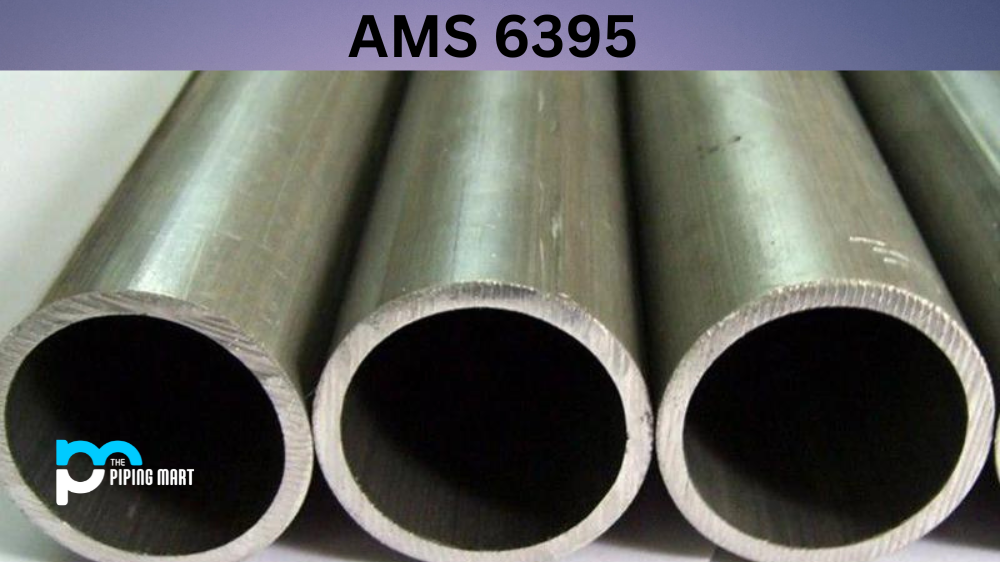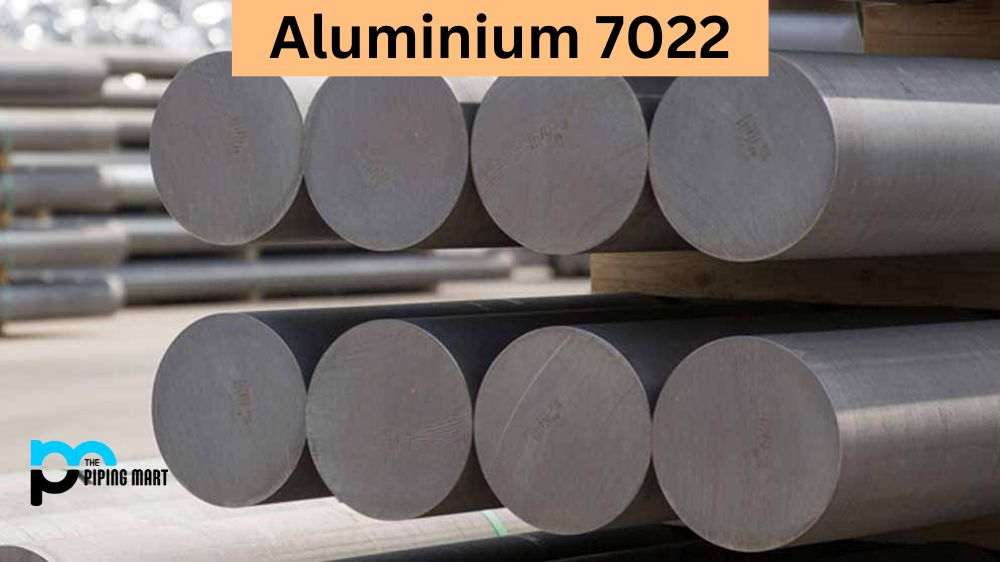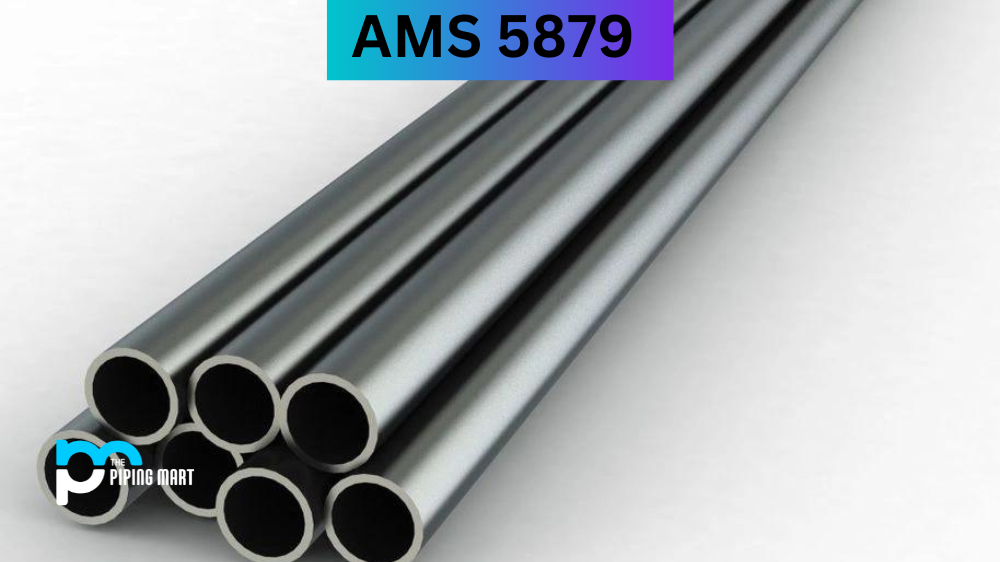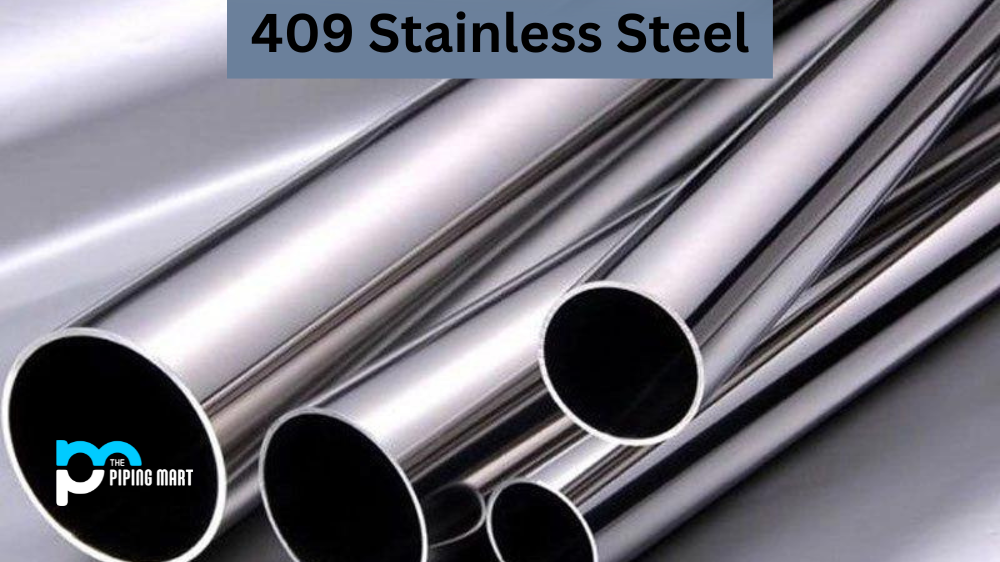If you’re in the aerospace industry or any industry that requires high-performance materials with exceptional mechanical and physical properties, then you’re likely to have heard of SAE – AMS 6395. This specification covers the requirements for alloy steel bars, forgings, and forging stock with high strength, toughness, and resistance to fatigue and stress corrosion cracking. This blog post will delve deeper into the composition, physical and mechanical properties, uses hardness, and heat treatment of AMS 6395 material.
What is AMS 6395?
SAE – AMS 6395 (also known as SAE-AISI 4140 Alloy Steel) is a specification for steel bars, forgings, and tubing. The specification sets out the steel’s quality requirements and covers a wide range of important mechanical properties for the intended application, such as strength and flexibility. This specification is one of many developed by the Aerospace Materials Specification Committee to ensure stringent quality control for aerospace materials. AMS6395 ensures critical aircraft components’ safe and reliable performance, such as landing gear and engine parts. With such high standards in place, we can trust that the materials used in flying machines are of the highest quality possible.
What Form is AMS 6395 Available at Piping Mart?
- Alloy Steel AISI 4140 Bars
AMS 6395 Composition
AMS 6395 material is an alloy steel that contains a high percentage of chromium, molybdenum, and nickel. The exact composition of the alloy may vary depending on the manufacturer, but typically it contains 0.40% to 0.50% carbon, 0.60% to 0.90% manganese, 0.20% to 0.30% silicon, 0.80% to 1.10% chromium, 0.25% to 0.35% molybdenum, and 0.35% to 0.55% nickel. The alloy may also contain small amounts of other elements, such as sulfur and phosphorus.
| Element | Content (%) |
|---|---|
| Iron, Fe | 96.785 – 97.77 |
| Chromium, Cr | 0.80 – 1.10 |
| Manganese, Mn | 0.75 – 1.0 |
| Carbon, C | 0.380 – 0.430 |
| Silicon, Si | 0.15 – 0.30 |
| Molybdenum, Mo | 0.15 – 0.25 |
| Sulfur, S | 0.040 |
|
Phosphorous, P |
0.035 |
AMS 6395 Physical Properties
AMS 6395 sheet has excellent physical properties that make it ideal for high-temperature applications. It has a density of 7.85 g/cm3 and a melting point of 1425°C. The alloy is also highly corrosion-resistant and can withstand exposure to harsh chemicals and environments without showing signs of degradation.
| Properties | Metric | Imperial |
|---|---|---|
| Density | 7.85 g/cm3 | 0.284 lb/in³ |
| Melting point | 1416°C | 2580°F |
AMS 6395 Mechanical Properties
The mechanical properties of AMS 6395 plate are exceptional, providing high strength, toughness, and fatigue resistance. The alloy has a tensile strength of 125 ksi, yield strength of 90 ksi, and an elongation of 15%. It also has a high hardness of about 250 BHN, making it suitable for applications where toughness and wear resistance are critical.
| Properties | Metric | Imperial |
|---|---|---|
| Tensile strength | 655 MPa | 95000 psi |
| Yield strength | 415 MPa | 60200 psi |
| Bulk modulus (typical for steel) | 140 GPa | 20300 ksi |
| Shear modulus (typical for steel) | 80 GPa | 11600 ksi |
| Elastic modulus | 190-210 GPa | 27557-30458 ksi |
| Poisson’s ratio | 0.27-0.30 | 0.27-0.30 |
| Elongation at break (in 50 mm) | 25.70% | 25.70% |
| Hardness, Brinell | 197 | 197 |
| Hardness, Knoop (converted from Brinell hardness) | 219 | 219 |
| Hardness, Rockwell B (converted from Brinell hardness) | 92 | 92 |
| Hardness, Rockwell C (converted from Brinell hardness. Value below normal HRC range, for comparison purposes only) | 13 | 13 |
| Hardness, Vickers (converted from Brinell hardness) | 207 | 207 |
| Machinability (based on AISI 1212 as 100 machinability) | 65 | 65 |
AMS 6395 Equivalent
| AMS 6349 | ASTM A193 (B7, B7M) | ASTM A506 (4140) | ASTM A752 (4140) |
| AMS 6381 | ASTM A194 (7, 7M) | ASTM A513 | ASTM A829 |
| AMS 6382 | ASTM A29 (4140) | ASTM A513 (4140) | SAE J1397 (4140) |
| AMS 6390 | ASTM A320 (L7, L7M, L7D) | ASTM A519 (4140) | SAE J404 (4140) |
| AMS 6395 | ASTM A322 (4140) | ASTM A646 (4140) | SAE J412 (4140) |
| AMS 6529 | ASTM A331 (4140) | ASTM A711 |
AMS 6395 Uses
AMS 6395 wire is a popular alloy steel used in many critical aerospace applications, including aircraft landing gear, engine, and structural components. It is also used in high-performance racing engines and other applications requiring high strength and toughness. Its excellent fatigue resistance makes it ideal for use in components that undergo repetitive stress or dynamic loading.
AMS 6395 Hardness
The hardness of AMS 6395 plate is typically measured using a Brinell hardness tester. The alloy has a hardness of about 250 BHN, much higher than typical steel. This indicates that it has excellent wear resistance and can withstand high-stress levels without showing signs of deformation or wear.
AMS 6395 Heat Treatment
AMS 6395 bars can be heat-treated using various techniques to improve its properties. The most common heat treatment method is quenching and tempering. This involves heating the alloy to a high temperature and then rapidly cooling it in water or oil. It is then reheated to a lower temperature and held at that temperature for a certain period before cooling naturally. This process increases the strength and hardness of the alloy while maintaining its toughness and flexibility.
Conclusion:
In summary, AMS 6395 material is a high-performance alloy steel widely used in aerospace and other critical applications. It has excellent physical and mechanical properties, including high strength, toughness, and resistance to fatigue and stress corrosion cracking. Its high hardness and wear resistance make it ideal for applications where toughness and wear resistance are essential. Proper heat treatment can further enhance its properties, making it even more suitable for demanding applications. Understanding the properties and uses of AMS 6395 can help you make informed decisions when choosing materials for your applications.

Meet Bhavesh, a seasoned blogger with a wealth of knowledge and experience. From metal products manufacturing to retail, Bhavesh has a diverse background in various industries and is dedicated to sharing his insights and expertise with readers.




